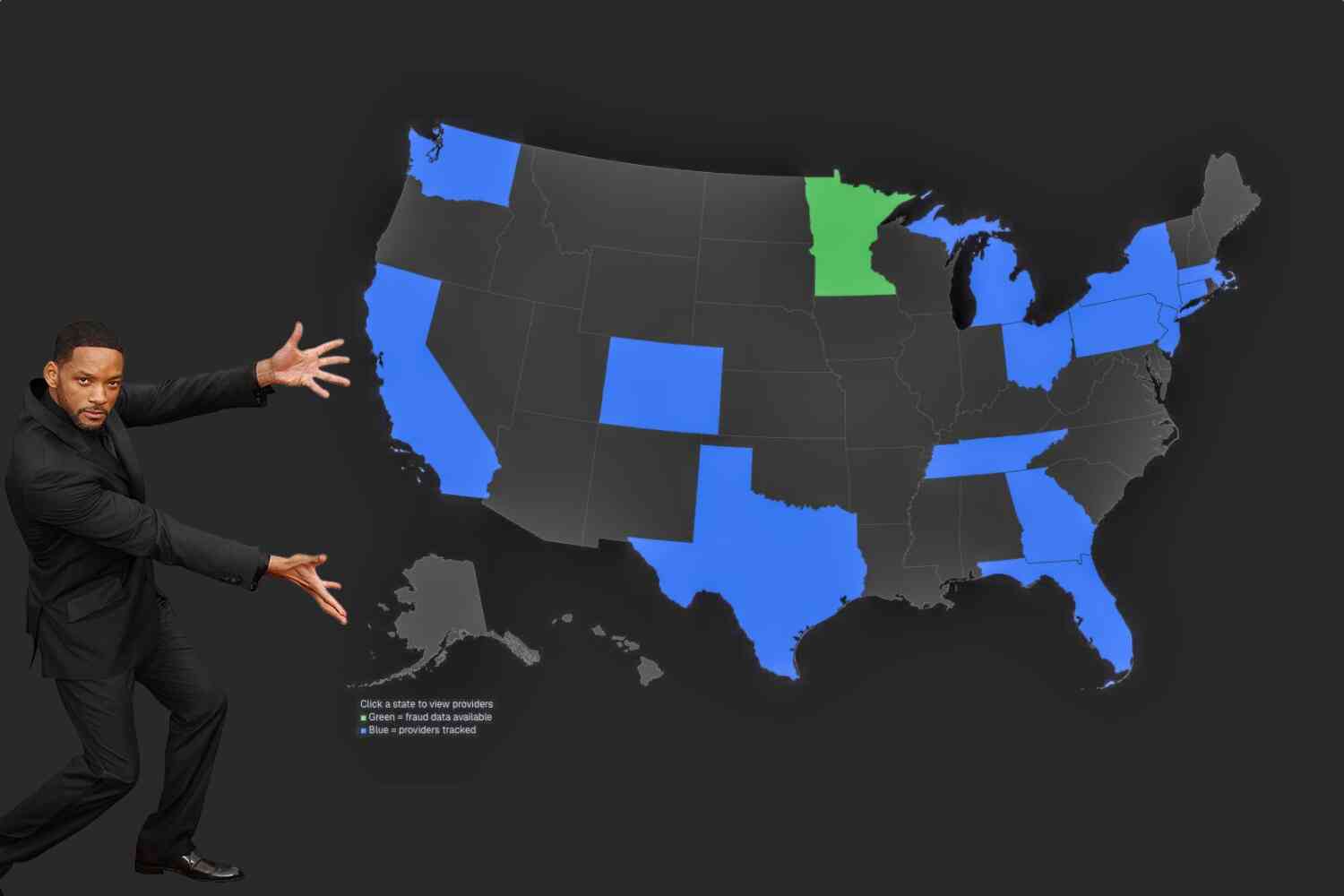The Economist wasn't always an organ of propaganda for our global elite. There was a time when it was a respected news magazine.
I used to subscribe to it in the '80s as Time, Newsweek, and even U.S News & World Report became increasingly woke and, related, increasingly puerile in the way they viewed the world.
The Economist, by contrast, was sober and had respect for its readers. Sure, it was at times insufferably British, and it had an emotional attachment to England's nationalized healthcare system that was completely at odds with its free-market principles, but overall it provided a sober perspective on world events that I could not find anywhere else.
Over time it drifted, growing increasingly agitated over hot-button issues like gun control and took to lecturing its American readers more and more. It eventually became little more than an accessory for social climbers, the kind people liked to be seen with tucked under their arms but rarely bothered to read.
I allowed my subscription to lapse.
Fast-forward to today, and you have an editorial staff that lives within the very bubble they helped create.
The growing peril of national conservatism.
It's dangerous and it's spreading. Liberals need to find a way to stop it.
By "liberals," they mean classical liberals in the sense of proponents of free speech, free markets, and individual autonomy.
I think.
IN THE 1980s Ronald Reagan and Margaret Thatcher built a new conservatism around markets and freedom.
Back in the day, The Economist was largely positive towards both. I can't imagine the editorial staff today would be so supportive. Oh, they'll use them as props, as they do here, safely stashed away in the past where they can do no harm, but that's only because they are incapable of speaking for themselves, and can be easily puppeteered for whatever purpose they choose.
Today Donald Trump, Viktor Orban and a motley crew of Western politicians have demolished that orthodoxy, constructing in its place a statist, "anti-woke" conservatism that puts national sovereignty before the individual.
"Motley crew."
You really need to be more careful telegraphing your biases. Then again, they probably don't care.
Also, that would make a great name for a ... Oh, right.
Despite its name, national conservatism could not be more different from the ideas of Reagan and Thatcher. Rather than being sceptical of big government, national conservatives think ordinary people are beset by impersonal global forces and that the state is their saviour.
Before we move on, a little-known fact: One of the major causes of the American Revolution was the English people's insistence on purposefully misspelling words. It drove Thomas Jefferson crazy.
Google it.
In any case, this is a fascinating construct, at once infantile and wholly lacking in self awareness. Let's break it down.
Rather than being skeptical of big government...
I don't know of any conservative of any flavor who is not skeptical of big government, but hey, why stop them now, they're on a roll...
...national conservatives think ordinary people are beset by impersonal global forces and that the state is their saviour.
This would be the infantile part.
You can be skeptical of big government, and yet still believe that it is the appropriate mechanism for addressing certain national concerns. I can believe that government is not necessary to protect me from unpasteurized milk, but still think it might be useful if I wanted to stop the Japanese from taking over the Pacific.
Theirs is an empty-headed construct that never would have gotten past a junior editor at The Economist back in the day.
So, no, if I believe I am beset by global forces, I'm probably not going to make much headway with my trusty sidearm and a can-do spirit. Rather, as we do in a Republic, I build support among my fellow citizens in an effort to create a unified response, which is kind of how representative democracy is supposed to work and not, in the upside-down world of The Economist, a threat to democracy.
Unlike Reagan and Thatcher, they hate pooling sovereignty in multilateral organisations, they suspect free markets of being rigged by the elites and they are hostile to migration.
There are so many things about that sentence that are demonstrably wrong.
Reagan did not favor "pooling sovereignty." Early in his first term he railed against the United Nations. Later in his presidency he softened his stance, using the U.N. in specific instances when it suited the interests of the United States. This is a far cry from subjecting United States citizens to the rule of global cabals.
As for Thatcher, she was (her climate hysteria aside) instinctively resistant to surrendering sovereignty. While she supported Great Britain's membership in the European Economic Community, she also believed...
...that the single market would result in political integration, Thatcher's opposition to further European integration became more pronounced during her premiership and particularly after her third government in 1987. In her Bruges speech in 1988, Thatcher outlined her opposition to proposals from the EEC, forerunner of the European Union, for a federal structure and increased centralisation of decision-making.
As for believing that free markets are rigged, both Reagan and Thatcher did famously free up their countries' respective economies from a stranglehold of regulations and introduced many free-market reforms including opening up trade.
This is all well and good, but we have decades of direct observational evidence that such global concepts as "free trade" are an illusion. Under the right conditions, free trade is almost certainly an unalloyed good, but those conditions exist only where there is a unified central government, a cohesive culture, one currency and so on - in other words, within one sovereign nation such as the United States, where individual states are constitutionally prohibited from restricting the free flow of goods and services.
Otherwise, there simply is no such thing. Actual free trade does not require a "free trade agreement" in which favors are handed out and internal barriers, institutional, cultural, legal, are ignored with a wink and a nudge.
How about not being hostile toward migration? Reagan famously settled on an amnesty plan in exchange for laws that theoretically would control immigration such as criminal penalties against employers and requiring verification of citizenship. That may not have worked out as planned (certainly powerful forces have worked against it ever since) but Reagan was not an open borders kind of guy.
The notion that Thatcher was not "hostile to migration" in the vein of the national conservatives is even more laughable. She was routinely accused of being a racist for her opposition to mass migration, and managed to pull votes that normally would have gone to a nationalist party on her right by co-opting some of their positions. She also got pilloried for limiting the number of Vietnamese boat people permitted to enter the country to 10,000 over two years.
Neither of them were exactly champions of open borders, plus they weren't dealing with the same number of illegal crossings, currently running over 2.4 million a year, at America's southern border. It is totally out of control in a way it never was during the tenures of Reagan and Thatcher. Imagine their positions today?
The hilarity continues...
Instead of a sunny belief in progress, national conservatives are seized by declinism... They do not see the West as the shining city on the hill, but as Rome before the fall — decadent, depraved and about to collapse amid a barbarian invasion.
Seized by declinism?
So were Reagan and Thatcher. They were both literally elected to halt the decline of their countries. They spun a positive future, with themselves at the helm, as a contrast to how dire things were under current leadership.
This stuff isn't hard; really, it isn't. It's like dealing with toddlers here.
More than halfway through the piece, The Economist finally concedes that hey, maybe these mouth-breathing troglodytes have a a bit of a point.
The citizens of many Western countries see illegal migration as a source of disorder and a drain on the public purse.
Really? I wonder if anything could account for that perception, misguided though it may be?
Oh, yeah, that's right.
(Data for the European Union.)
They believe that institutions such as universities and the press have been captured by hostile, illiberal, left-leaning elites. They see the globalists who have thrived in recent decades as members of a self-serving, arrogant caste...
Crazy talk!
To have the truly open society they claim to want, liberals must press for elite intellectual institutions — the top businesses, newspapers and universities — to embody principles of liberalism instead of succumbing to censorship and groupthink.
For an institution that has no obvious knowledge of history, they sure do like living in the past, blissfully ignorant of the radical Marxist turn liberalism has taken in recent years.
If liberals are too squeamish to defend principles such as free speech and individual rights against the excesses of the left, they will fatally undermine their ability to defend them against the right... liberals need to get over their embarrassment about patriotism, the natural love of one's country.
The Economist seems to believe that the current radical Marxist left's hostility towards traditional western values such as free speech, self-determination, and individual rights, is no more than an occasional aberration, perhaps the result of a few bad actors and not at the very core of the modern leftist movement. They believe that "national conservatives" are obsessed with dismantling institutions that they think are "tainted by wokeness and globalism." Not wholly captured. "Tainted."
The "nationalist conservative" movement did not spring up in a vacuum; it is the direct outcome of an onslaught of Marxist thought on previously Western classical liberal norms. It's not "national conservatives" who are in favor of limiting freedoms; it's progressives.
Poll respondents were read this statement: "I disapprove of what you say, but I will defend to the death your right to say it." Only 31% of Democratic voters "strongly agreed" with that sentiment, compared to 51% of Republicans.
The hand wringing The Economist does over "statist" designs that "put national sovereignty before the individual" and are "not content with resisting progress" but want "to destroy classical liberalism" is not coming from "national conservatism," over which people are "unforgivably complacent."
Instead, this describes the very people and institutions that The Economist is hoping will battle this growing threat to the West's cherished values.
They have it all completely backwards. They are the very cliche of the conceit of modern elitist projection:
Accusing your opponents of exactly the thing you are doing.
P.S. Now check out our latest video 👇









